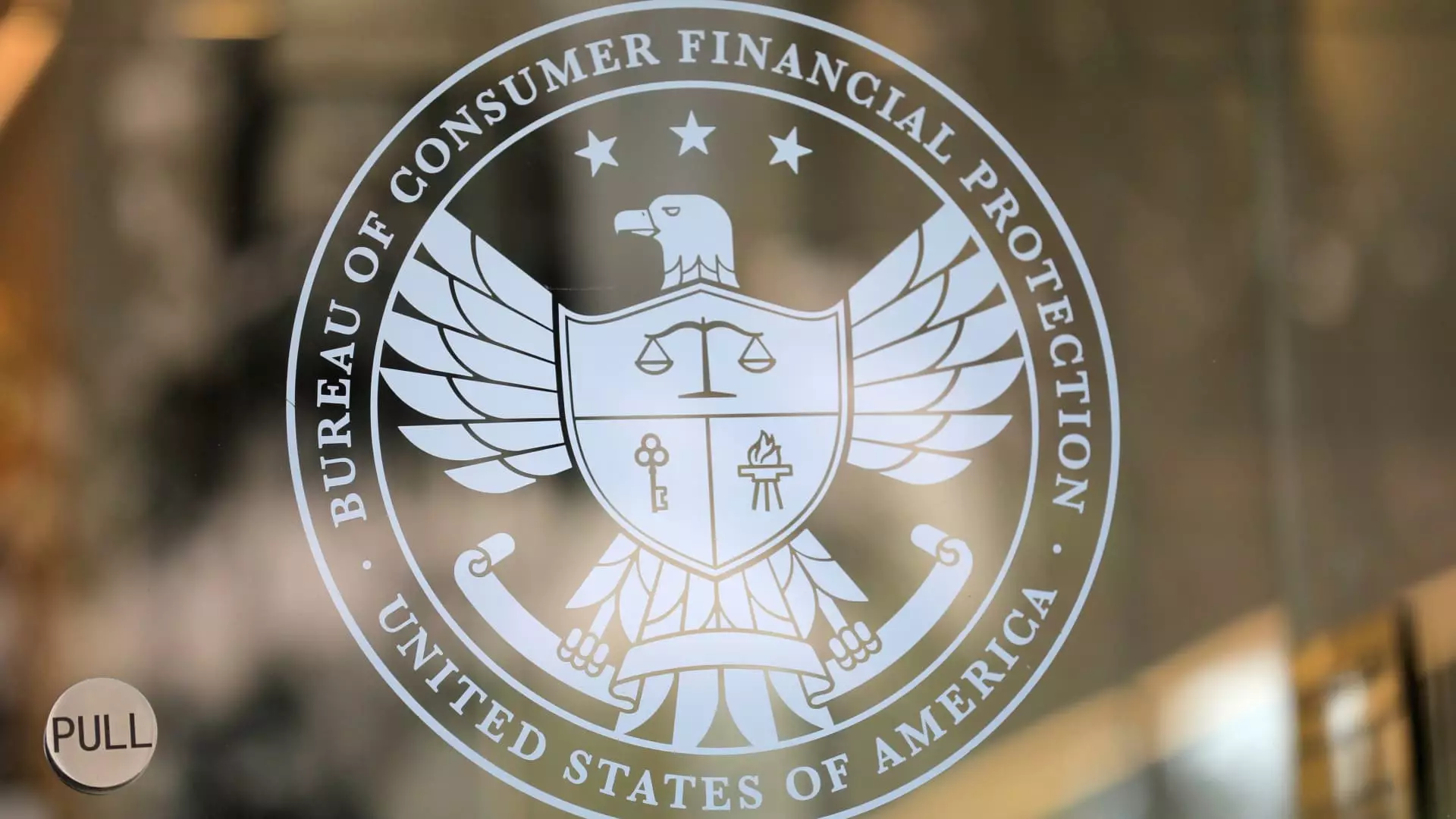The Consumer Financial Protection Bureau (CFPB) represents a crucial safeguard for everyday people navigating the convoluted landscape of financial products and services. Established in the aftermath of the 2008 financial crisis to prevent catastrophic misdeeds by financial institutions, the CFPB serves as a bastion of consumer rights. However, the Trump administration’s efforts to dismantle this essential agency have cast a long shadow over its future, producing a chaotic and ambiguous regulatory environment.
From the beginning of February 2017, the CFPB’s operation faced an existential crisis, orchestrated by the Trump administration’s far-reaching austerity measures. The administration seemed eager to dispatch the CFPB’s consumer-centric ethos in favor of a business-friendly approach that prioritizes corporate interests over consumer protection. As litigation unfolded, settings were established to evaluate the agency’s future—questions arose about whether a strong consumer advocate would continue to exist amid political turmoil—a marketing campaign gone awry for the spirit of innovation.
The Dismantling of a Consumer Champion
In the most bewildering turn of events, U.S. District Judge Amy Berman Jackson intervened, blocking the administration from prematurely firing over 1,500 employees. This lifeline presented a temporary reprieve, but the proposal to scale back the agency to a mere 200 staff continues to loom. Advocates from various sectors have voiced growing concerns that such drastic cuts would incapacitate the CFPB, essentially limiting its capacity to monitor banks and enforce fair lending laws.
Phil Goldfeder, the CEO of the American Fintech Council, articulated the industry’s plight under such uncertainty, emphasizing the complication this creates for innovators striving to operate effectively within ever-shifting regulatory frameworks. Left unregulated, financial services become a playground for opportunists who exploit loopholes to the detriment of consumers. This chaos could potentially instill a sense of disillusionment, as everyday people are left vulnerable to unwarranted fees, predatory lending, and inadequate recourse against financial giants.
The Ripple Effect on Consumer Protections
The CFPB’s weakening resonates beyond the bureaucracy. In recent years, the agency tackled pivotal issues like imposing caps on bank overdraft fees and regulating payment apps. When the Trump administration began unwinding these initiatives, it sent shockwaves through the industry. Uncertainties surrounding these consumer protections led some industry insiders, like Ian Katz at Capital Alpha Partners, to assert that without a robust CFPB, consumers could face an uphill battle against malpractices in banking and financial services.
Dropping lawsuits that sought accountability from organizations engaged in dubious practices has further exacerbated concerns. The administration’s dismissal of cases targeting the National Collegiate Student Loan Trusts for their questionable debt collection methods highlights a troubling trend—seeking to undermine consumer confidence while allowing corporations to frolic unchecked. This is not merely a bureaucratic issue; it’s a direct threat to the financial wellbeing of millions.
The Consequences of Regulatory Non-Uniformity
With the CFPB scaling back its influence, the risk of unregulated financial firms operating in a loosely monitored environment poses severe consequences for consumers. While certain bank products remain under scrutiny, fintech applications like PayPal and Venmo may evade oversight entirely, potentially leading to unequal treatment in the marketplace. Allowing some apps to operate without robust checks invites exploitation and breaches in consumer trust that could echo painfully.
The complex interactions between traditional banks and fintech firms require clear and consistent regulations that protect consumers. Without strong guidance, consumers will not only grapple with ambiguous service terms but also with a lack of faith in dispute resolution processes. If the CFPB’s database of consumer complaints goes unmonitored, everyday grievances might dissipate into the ether, leaving individuals without the aid they desperately need. A complaint filed may go unheard, ending up tucked away in an unresponsive queue.
State Attorneys General: A Beacon of Resistance
Interestingly, the legal resistance has emerged prominently from state attorneys general across 23 states, mobilizing against the administration’s relentless sabotage of the CFPB. Their willingness to stand against the tide underscores an important truth: the fight for consumer protection still has fervent defenders. Their hesitance to allow the bureau to become a shadow of its former self indicates resistance against an ideological shift that overlooks the real impact on ordinary lives.
Across the board, advocates worry that without the CFPB, consumers may well be left at the mercy of a system designed to favor the powerful. The consequences of detaching consumer protections from financial operations stretch far, leading to a future where the rules of engagement are cloudy, and trust is hard to earn. As this battle continues to unfold, it raises serious questions about fairness and justice in the economic landscape.

